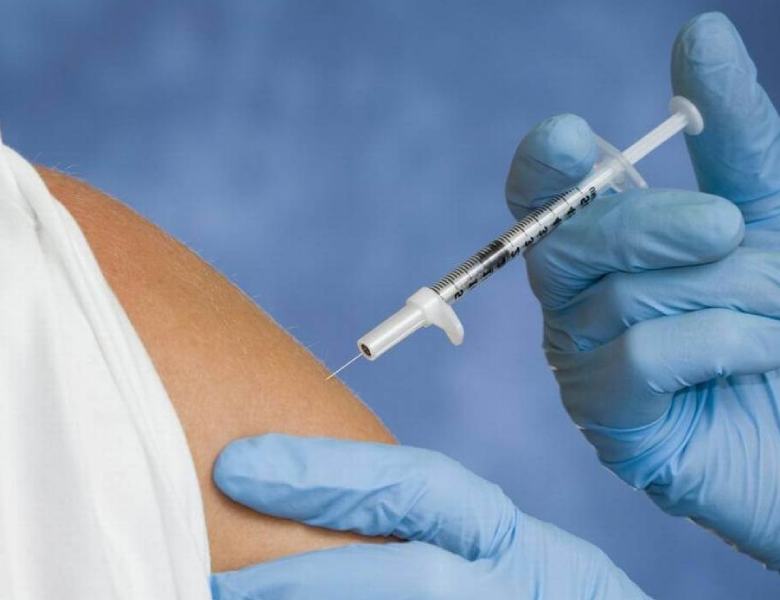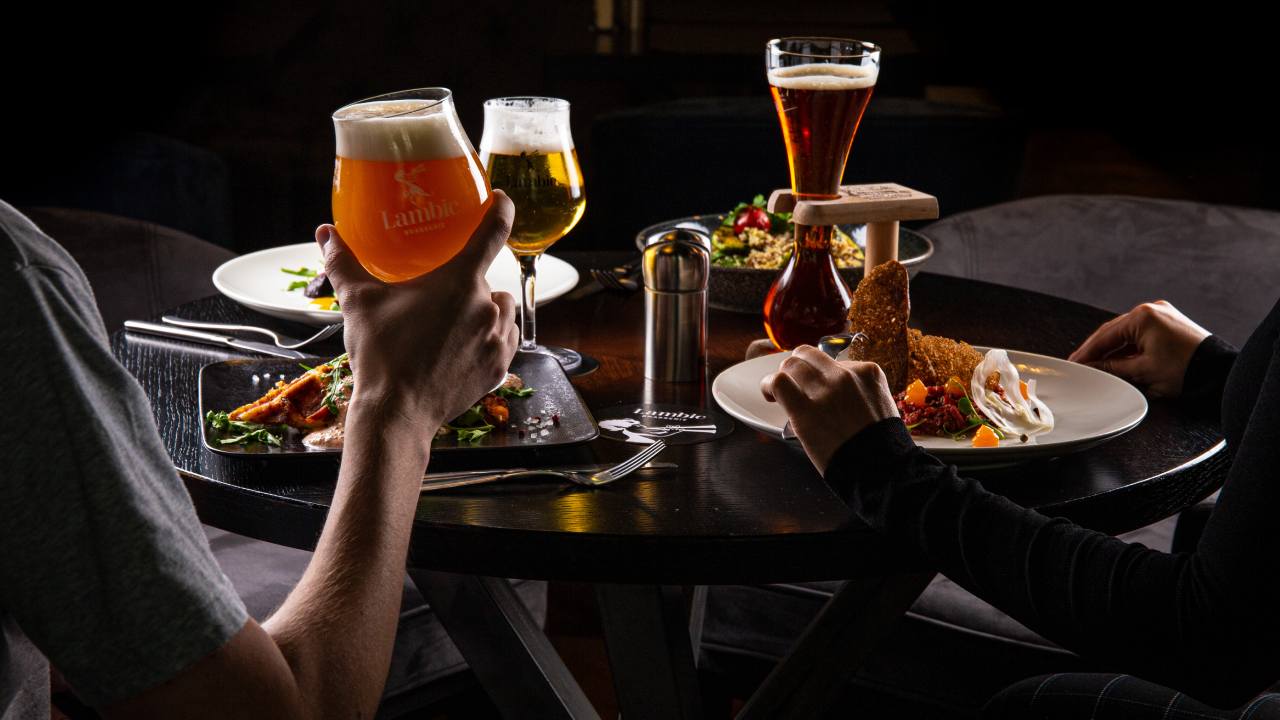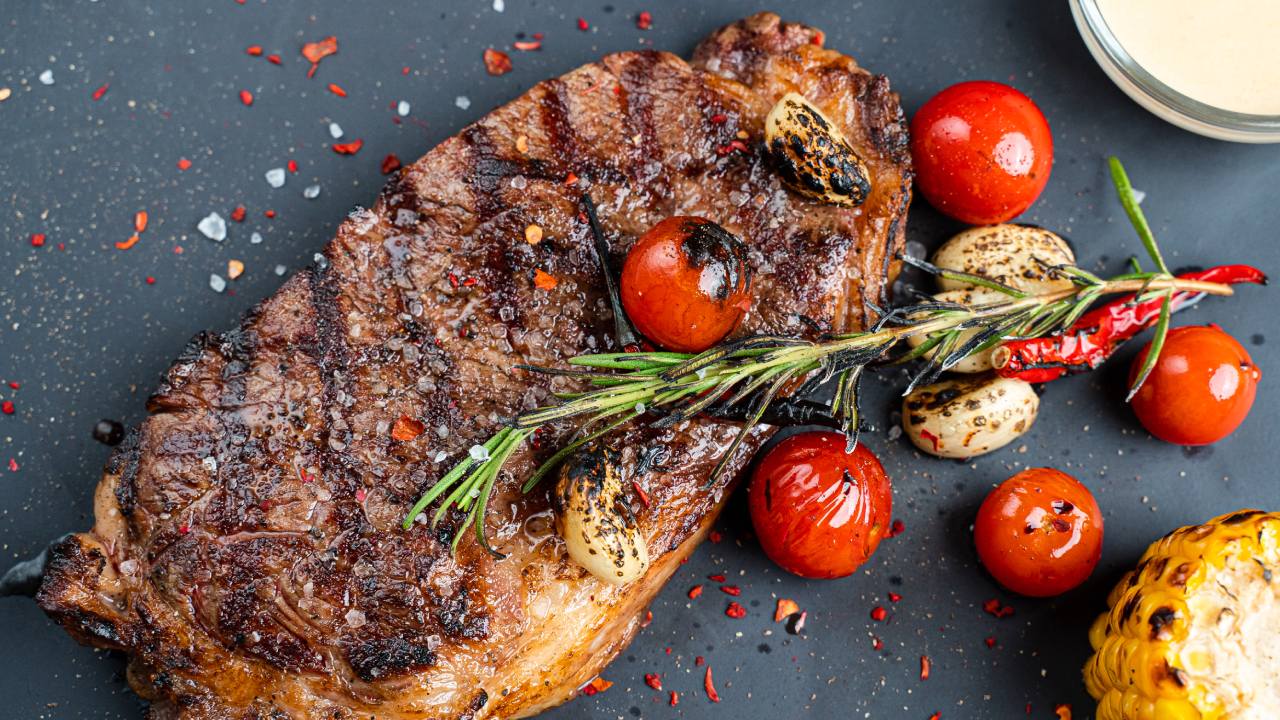On a hot topic: can I drink beer before and after the coronavirus vaccination?

All new developments always raise a lot of questions, and a mass vaccination against coronavirus is no exception. It is not always possible to find a convenient day to get vaccinated, plus you will have to do it often, and it may happen that a visit to the vaccination center coincides with a holiday or an important meeting. Hence the understandable concern — is it okay to drink alcohol before and after vaccinations, and if so, in what amounts? And does it make a difference what kind of alcoholic beverages to drink — should beer at least be outlawed? Let's figure out together how not to deny ourselves the pleasure without harming our health.
Physicians' Opinion
It is a well-known fact that alcohol is a psychoactive substance that affects the human nervous system. Because of this property, alcohol should not be consumed while taking various medicines — for example, antibiotics, painkillers, antidepressants and so on. With vaccinations the same situation: after vaccination the human organism begins to produce antibodies actively, which in the future will fight against the virus cells. And alcohol can interfere with this process. If alcohol is actively consumed during the vaccination, all reserves will be used to remove toxins from the body, respectively, there will be no energy left for the proper formation of immunity. This means that the effectiveness of the vaccine will decrease, or it will become meaningless altogether.
Meanwhile, experts have already refuted the opinion that one should not drink alcohol for all 42 days while vaccination and immunity development are taking place. According to the director of the Gamaleya Center, where the Sputnik V vaccine was developed, the main thing is to refrain from drinking alcoholic beverages for the next three days after vaccination.
Going to a beer restaurant just before the vaccination is also not recommended. Alcohol is eliminated through the liver, which is the organ that helps antibodies form. Doctors recommend giving up alcohol 2 weeks in advance, but this is more of a safety precaution. If this is not possible, you can reduce this period to the same 3 days — during this time the body will be cleaned of ethyl alcohol, and it certainly will not harm the future vaccination.
After you have been vaccinated and waited 3 days, you can start drinking alcohol, but within reasonable limits. Simply put, not in liters and not every day. Beer is ideal for this purpose — it is quite light, and you can enjoy even one glass.
In general, the ideal solution in this situation is to refrain from heavy meals for the entire period, which will be required for vaccination and the production of antibodies. But this does not mean that you have to deny yourself your favorite drink. Drink wisely and be healthy!

Why beer is served at different temperatures: explained in simple terms
Contents How temperature changes taste, aroma, bitterness, and strength Which beer styles prefer cold, and which prefer warmth How we take care of temperature at Lambic Beer lovers know this well: pale lagers are best served ice-cold, while dark beers are noticeably better at warmer temperatures. Serving temperature is just as important a part of beer culture as the right glass or the freshness of the drink. It directly affects which flavors and aromas you perceive. Let’s break down what temperature different beer styles should be served at to reveal all their facets. How temperature changes taste, aroma, bitterness, and strength Beer contains a huge number of aromatic compounds — esters, phenols, hop oils, and various flavor notes. At low temperatures (around 0–4°C), these substances barely evaporate, so the aroma is almost imperceptible. The beer feels simply refreshing and flat. As it warms up (to 8–14°C), the aromatics begin to “wake up”: floral, citrus, spicy, or malty notes emerge. That’s why beer often “opens up” as you drink it. Temperature directly affects how basic tastes are perceived. Cold dulls the taste receptors, softening hop bitterness and making the beer more drinkable. This is ideal for light lagers. But in a dark ale or porter, where complex malty sweetness balanced by gentle bitterness is essential, cold will hide this harmony, leaving only a watery impression. Warmth, on the contrary, enhances both bitterness and sweetness, making the flavor fuller and more intense. Cold beer feels more carbonated and “sharp” on the tongue due to carbon dioxide. Warmer beer shows its body, oiliness, and creamy texture — qualities especially valued in good ales and stouts. Alcohol vapors also evaporate more readily in warmth. That’s why strong beer (above 7–8% ABV), if served too warm, can hit the nose with a harsh alcoholic aroma. Served too cold, it can create a deceptive sense of lightness, and intoxication may come unexpectedly. Which beer styles prefer cold, and which prefer warmth Broadly speaking, the entire beer spectrum can be divided into three temperature zones. Cold serving (4–7°C) — Pale lagers and pilsners. Their main purpose is to quench thirst. Cold highlights their cleanliness, light hop bitterness, and freshness.— Wheat beers (Weissbier). Cold serving enhances their spicy yeast character and citrus notes, making them incredibly refreshing.— Most mass-market beers. They are often served and stored ice-cold because low temperature masks possible flaws and a simple flavor profile, making them seem just fresh. Classic temperature (8–12°C) — Pale ales and IPAs. At this temperature, the full range of American or English hop aromas opens up — pine, citrus, tropical fruits — while bitterness remains balanced.— Amber ales and porters. Caramel and nutty malt sweetness becomes noticeable, and the texture turns rounder.— Quadrupels and other strong Belgian ales. The warmth is perceptible but doesn’t let alcohol dominate, allowing you to appreciate the fruity and spicy complexity. Warm serving (12–14°C and above) — Dark and imperial stouts. Only at this temperature do you truly experience chocolate, dried fruits, coffee, and caramel. The beer becomes like a refined dessert, with alcohol woven into the overall bouquet.— Traditional British ales. Their optimal serving temperature is room temperature (14–16°C). This reveals their malty, bready, often nutty character.— Complex Belgian ales (Trappist, abbey styles). Their fruity and spicy yeast profile requires warmth to fully unfold. How we take care of temperature at Lambic In our Lambic restaurants, the approach to temperature is part of our philosophy. Our storage system allows us to maintain different temperature regimes for different beer styles. In addition, we use the proper glassware. We never serve complex, warm beers in icy or frozen glasses. The glass is at room temperature so the beer’s flavor can reveal itself in all its dimensions. What we recommend to our guests: — Trust the staff. If you’re advised to let a beer stand for a few minutes, don’t ignore it. It means the beer will open up better after warming slightly in the glass.— Experiment. Take the same stout and try the first sip immediately, then another after 5–7 minutes. You’ll be surprised how much the flavor changes.— Don’t warm the glass with your hands. There’s no need to deliberately hold the glass in your palms, especially with strong beers. Let it warm naturally in the room.— Ask questions. Don’t hesitate to ask the bartender or server what temperature a particular beer style is usually enjoyed at. For us, that’s a sign of your interest, and we’re always happy to explain. Come to Lambic — we’ll not only help you choose a beer to your taste, but also serve it the way its character demands. And we also offer a wide selection of Belgian cuisine and a consistently cozy atmosphere. We look forward to welcoming you.
20 February 2026

The perfect evening with beer and meat: which steaks and meat dishes to choose
Contents What’s the secret Lambic’s meat hits and the perfect beer pairings Simple rules Beer is a universal drink: depending on the style, it can be paired with a wide variety of dishes, from rich appetizers to desserts. But a special kind of pleasure comes from serving meat dishes with a foamy pint. Let’s explain why this is such a worthy pairing and which meat-based beer snacks are truly ideal. What’s the secret Belgian beer offers hundreds of styles and directions—from fruity, spicy ales to deep, robust porters. That’s exactly why it can be called the perfect companion to meat delicacies. Almost any dish can be matched with a beer that highlights all its flavor nuances. In turn, the right meat dish helps reveal the depth and character of the beer. Lambic’s meat hits and the perfect beer pairings We explored interesting pairings of hot meat dishes and beer using selections from the Lambic menu. Ribeye Steak A premium steak cut from the thick edge of beef, famous for its marbling, juiciness, and rich flavor. Grilled with aromatic herb butter, it delivers a powerful, buttery finish. You need a drink that balances the richness of the ribeye, cleanses the palate, and highlights the caramelized grill notes. A beer that’s too light will get lost, while one that’s too bitter will clash. The perfect pair is a Belgian Dubbel or an IPA. The Dubbel beautifully echoes the meat’s caramelization. Its moderate carbonation and full body handle the fat, while its yeast-driven complexity harmonizes with the herbs. An American IPA, with its bright hop bitterness, balances the richness and refreshes the palate. Blade Steak with Potatoes in Svan Salt A more approachable yet incredibly flavorful steak from the shoulder cut. It’s often served with rich sauces—like in our case, with an aromatic red-wine demi-glace infused with cinnamon and star anise. The dish is deep and intense, with pronounced spicy accents. The beer should be strong and complex enough not to fade behind the sauce. The perfect pair is a Belgian Tripel or a Porter.Tripel is a golden, strong beer with noticeable alcohol warmth, light spice, and fruity esters. Its brightness and dryness contrast beautifully with the richness of the sauce, while the alcohol warmth supports the dish’s spices. A Porter, with notes of dark bread and caramel, creates a cozy, harmonious pairing. Grilled Sausages with Braised Cabbage and Mustard Appetizing sausages made from a blend of pork and beef, with a crispy casing, served alongside sweet-and-sour braised cabbage and spicy Dijon mustard. A great combination of fatty, sour, spicy, and smoky flavors (thanks to bacon in the cabbage). You need a versatile, refreshing yet not simplistic beer — one that cuts through the fat, softens the mustard’s heat, and complements the cabbage’s acidity. The perfect pair is a Pale Ale. Thanks to its expressive hop bouquet, it creates an interesting interaction with the dish. Its light fruitiness also highlights the caramelized sausage casing beautifully. BBQ-Glazed Pork Ribs with a Crunchy Salad Tender, fall-off-the-bone pork ribs coated in a thick, sweet-smoky glaze with Asian accents. Served with a cold, crunchy salad for contrast. This hot dish calls for a beer that can handle the sauce’s sweetness, refresh the palate, and either support the smoky notes or add a fruity freshness. The perfect pair is a Sour Ale or a Stout. For example, a Flemish red ale with its wine-like, fruity acidity works well — the complex bouquet pairs nicely with ginger and garlic in the glaze. A classic stout, with notes of roasted malt, bitter chocolate, and coffee, creates a powerful, almost dessert-like duo. It interacts with the glaze’s caramel notes, while its creamy texture balances the spice. Flemish-Style Beef Tender cuts of beef neck slowly braised in Bourgogne des Flandres beer. The result is incredibly soft and deep, with subtle acidity and spicy notes. Here, it’s best to choose a beer that creates flavor harmony. The perfect pair is the same beer used in cooking—or a similar sour or semi-sour ale. The beer’s acidity highlights the dish’s rich flavor, while its maltiness creates a complete, cohesive experience. Beef Steak with Mozzarella, Fried Egg, and Onion Marmalade A juicy chopped beef patty topped with stretchy mozzarella, a runny egg yolk, and sweet onion marmalade. A stunning combination of succulent meat, creamy cheese, egg, and sweet onion. The beer should bring all these elements together: handle the richness of the meat and cheese, avoid clashing with the egg, and emphasize the onion’s sweetness. The perfect pair is an Amber Ale. With its caramel-nutty malt profile and moderate bitterness, it complements the caramelized onions and highlights the steak’s savory depth. Simple rules Choosing meat and beer is based on simple principles of contrast and harmony. Rich and fatty dishes (ribeye, ribs) call for more bitter or sour beers. Spicy and complex dishes (blade steak, Flemish beef) need beers that are equally complex and strong. Simple, juicy dishes (sausages, beef steak) pair best with refreshing, balanced beers. Don’t be afraid to experiment and trust your senses. And if you want a guaranteed great experience — visit Lambic beer restaurants. Our servers will recommend the perfect meat to go with your beer. Enjoy your meal.
20 February 2026